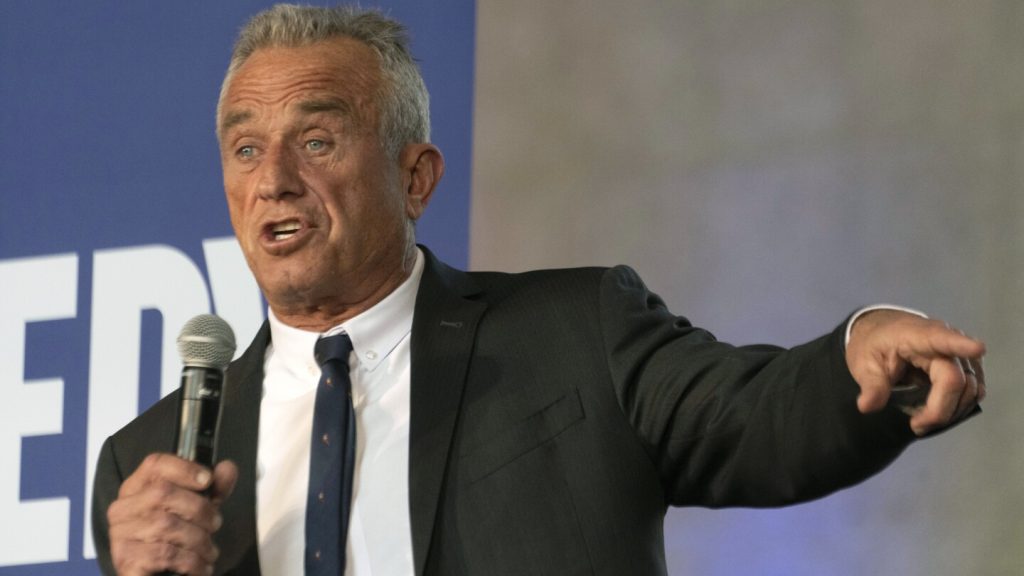Robert F. Kennedy Jr.’s presidential campaign recently terminated a contract with a vendor responsible for a fundraising email that referred to individuals facing charges for the Jan. 6 insurrection as “activists” who were “stripped of their constitutional liberties.” The language used in the email mirrored former President Donald Trump’s attempts to rewrite the history of the Capitol attack. Kennedy’s campaign spokesperson clarified that this statement did not reflect Kennedy’s views and was included by a new marketing contractor without proper approval. The campaign has severed ties with this contractor, although their name was not disclosed.
The fundraising email, titled “We Must Free Assange!” called for the release of WikiLeaks founder Julian Assange, who is currently facing extradition to the U.S. on charges related to his organization’s publication of classified documents. Assange has been in custody in a high-security London prison since 2019, following a seven-year period of self-exile in the Ecuadorian Embassy in London. A recent British court ruling stated that Assange cannot be extradited unless stronger assurances are provided by the U.S. government that he will not face the death penalty.
Kennedy faced backlash from Democrats after suggesting that President Joe Biden poses a greater threat to democracy than Trump, aligning with a narrative often promoted by the Trump campaign. Kennedy highlighted Biden’s use of federal agencies to censor political speech as a reason for his argument. Despite the criticism, Kennedy is striving to gain ballot access for his independent presidential campaign, leveraging his well-known family name and anti-establishment stance to appeal to voters disillusioned with the two major parties. While his candidacy has only been officially recognized in Utah, Kennedy claims to have collected enough signatures in other states, including pivotal swing states like Arizona, Nevada, Georgia, and North Carolina.
Kennedy’s campaign strategy has unsettled both supporters of Biden and Trump, causing uncertainty about the potential impact of a third-party candidate on the presidential race. With only Utah validating his place on the ballot so far, Kennedy is facing an uphill battle in gaining recognition in other states. Despite this challenge, he remains hopeful that his message will resonate with Americans who feel marginalized by the traditional political system. As he continues to navigate the complexities of the election process, Kennedy aims to offer voters an alternative to the mainstream options presented by the two major parties, positioning himself as a voice for those seeking a different path forward in American politics.


